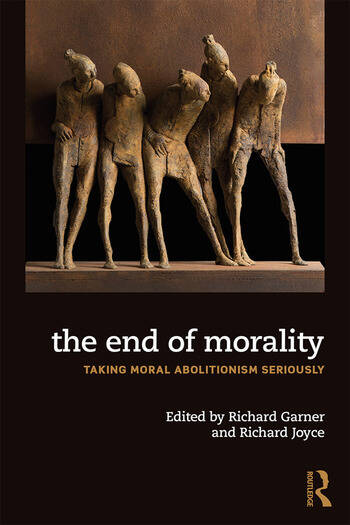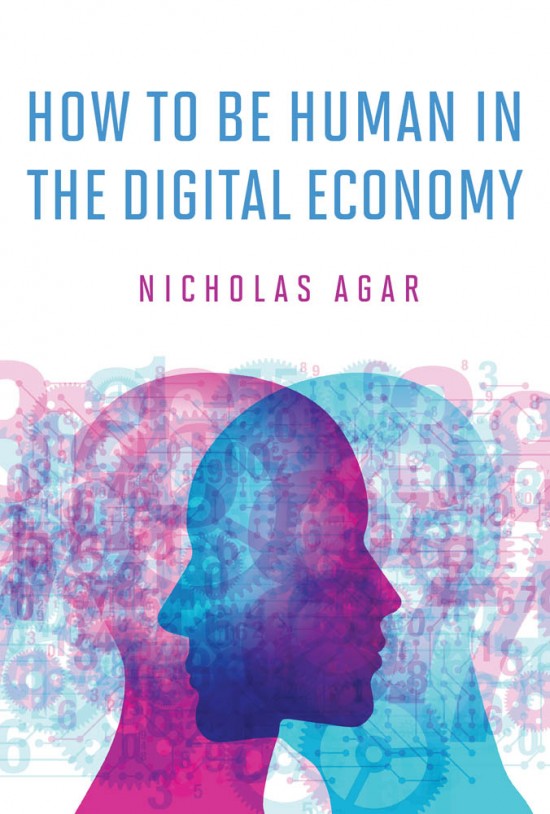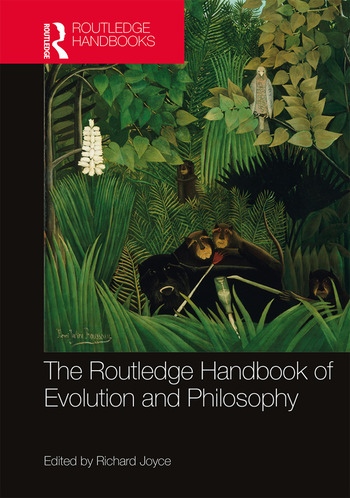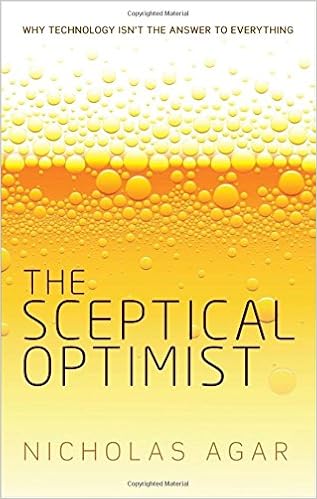Philosophy publications
Find out about recent major publications from staff in the Philosophy programme.
Some of our publications
 Richard Joyce and Richard Gardner, (eds.), The End of Morality: Taking Moral Abolitionism Seriously (Routledge, 2019)
Richard Joyce and Richard Gardner, (eds.), The End of Morality: Taking Moral Abolitionism Seriously (Routledge, 2019)
According to the moral error theorist, all moral judgments are mistaken. The world just doesn’t contain the properties and relations necessary for these judgments to be true. But what should we actually do if we decided that we are in this radical and unsettling predicament—that morality is just a widespread and heartfelt illusion? One suggestion is to eliminate all talk and thought of morality (abolitionism). Another is to carry on believing it anyway (conservationism). And yet another is to treat morality as a kind of convenient fiction (fictionalism). We tend to think of moral thinking as valuable and useful (e.g., for motivating cooperative behavior), but we can also recognize that it can be harmful (e.g., hindering compromise) and even disastrous (e.g., inspiring support for militaristic propaganda). Would we be better off or worse off if we stopped basing decisions on moral considerations?
This is a collection of twelve brand new chapters focused on a critical examination of the options available to the moral error theorist. After a general introduction outlining the topic, explaining key terminology, and offering suggestions for further reading, the chapters address questions like:
- Is it true that the more that people are motivated by moral concerns, the more likely it is that society will be elitist, authoritarian, and dishonest?
- Is an appeal to moral values a useful tool for helping resolve conflicts, or does it actually exacerbate conflicts
- Would it even be possible to abolish morality from our thinking?
- If we were to accept a moral error theory, would it be feasible to carry on believing in morality in everyday contexts?
- Might moral discourse be usefully modeled on familiar metaphorical language, where we can convey useful and important truths by uttering falsehoods?
- Does moral thinking support or undermine a commitment to feminist goals?
- What role do moral judgments play in addressing important decisions affecting climate change?
The End of Morality: Taking Moral Abolitionism Seriously is the first book to thoroughly address these and other questions, systematically investigating the harms and benefits of moral thought, and considering what the world might be like without morality.
 Nicholas Agar, How to Be Human in the Digital Economy (MIT Press, 2019)
Nicholas Agar, How to Be Human in the Digital Economy (MIT Press, 2019)
In the digital economy, accountants, baristas, and cashiers can be automated out of employment; so can surgeons, airline pilots, and cab drivers. Machines will be able to do these jobs more efficiently, accurately, and inexpensively. But, Nicholas Agar warns in this provocative book, these developments could result in a radically disempowered humanity.
The digital revolution has brought us new gadgets and new things to do with them. The digital revolution also brings the digital economy, with machines capable of doing humans' jobs. Agar explains that developments in artificial intelligence enable computers to take over not just routine tasks but also the kind of “mind work” that previously relied on human intellect, and that this threatens human agency. The solution, Agar argues, is a hybrid social-digital economy. The key value of the digital economy is efficiency. The key value of the social economy is humanness.
A social economy would be centered on connections between human minds. We should reject some digital automation because machines will always be poor substitutes for humans in roles that involve direct contact with other humans. A machine can count out pills and pour out coffee, but we want our nurses and baristas to have minds like ours. In a hybrid social-digital economy, people do the jobs for which feelings matter and machines take on data-intensive work. But humans will have to insist on their relevance in a digital age.

Richard Joyce (ed.), The Routledge Handbook of Evolution and Philosophy (Routledge, 2017)
In recent years, the relation between contemporary academic philosophy and evolutionary theory has become ever more active, multifaceted, and productive. The connection is a bustling two-way street. In one direction, philosophers of biology make significant contributions to theoretical discussions about the nature of evolution (such as "What is a species?"; "What is reproductive fitness?"; "Does selection operate primarily on genes?"; and "What is an evolutionary function?"). In the other direction, a broader group of philosophers appeal to Darwinian selection in an attempt to illuminate traditional philosophical puzzles (such as "How could a brain-state have representational content?"; "Are moral judgments justified?"; "Why do we enjoy fiction?"; and "Are humans invariably selfish?"). In grappling with these questions, this interdisciplinary collection includes cutting-edge examples from both directions of traffic.
Find out more about this book.
Richard Joyce, Essays in Moral Skepticism (Oxford University Press, 2016)
Richard Joyce has explored the terrain of moral skepticism, perhaps more than any other living philosopher. Essays in Moral Skepticism gathers together a dozen of Joyce's most significant papers from the last decade, following the developments in his ideas, presenting responses to critics, and charting his exploration of the complex landscape of modern moral skepticism.
Find out more about this book.
Justin Sytsma (and Wesley Buckwalter, eds.), A Companion to Experimental Philosophy (Blackwell, 2016)
This is a comprehensive collection of essays that explores cutting-edge work in experimental philosophy, a radical new movement that applies quantitative and empirical methods to traditional topics of philosophical inquiry.
Find out more about this book.
Sondra Bacharach (et al., eds.), Collaborative Art in the Twenty-First Century (Routledge, 2016)
This book explores why collaboration has become so integrated into a greater understanding of creative artistic practice. It draws on an emerging generation of contributors―from the arts, art history, sociology, political science, and philosophy―to engage directly with the diverse and interdisciplinary nature of collaborative practice of the future.
Find out more about this book.
Simon Keller (et al.), The Ethics of Patriotism: A Debate (Wiley Blackwell, 2015)
The unique approach taken within The Ethics of Patriotism brings together the differing perspectives of three leading figures in the philosophical debate who deliver an up-to-date, accessible, and vigorous presentation of the major views and arguments.
Find out more about this book.

Nicholas Agar, The Sceptical Optimist: Why Technology Isn't the Answer to Everything (Oxford University Press, 2015)
Agar uses the most recent psychological studies about human perceptions of well-being to create a realistic model of the impact technology will have. Although he accepts that technological advance does produce benefits, he insists that these are significantly less than those proposed by the radical optimists. Agar asserts that aspects of such progress can also pose a threat to values such as social justice and our relationship with nature, while problems such as poverty cannot be understood in technological terms. He concludes by arguing that a more realistic assessment of the benefits that technological advance can bring will allow us to better manage its risks in future.
Find out more about this book.

Edwin Mares, A Priori: Central Problems of Philosophy Series (Durham: Acumen Publishing Ltd, 2011)
In recent years many influential philosophers have advocated that philosophy is an a priori science. Edwin Mares’s book aims to make accessible to students the standard topics and current debates within a priori knowledge. Topics covered include necessity and certainty, rationalism, empiricism, and analyticity, Quine's attack on the a priori, Kantianism, Aristotelianism, mathematical knowledge, moral knowledge, logical knowledge and philosophical knowledge.
